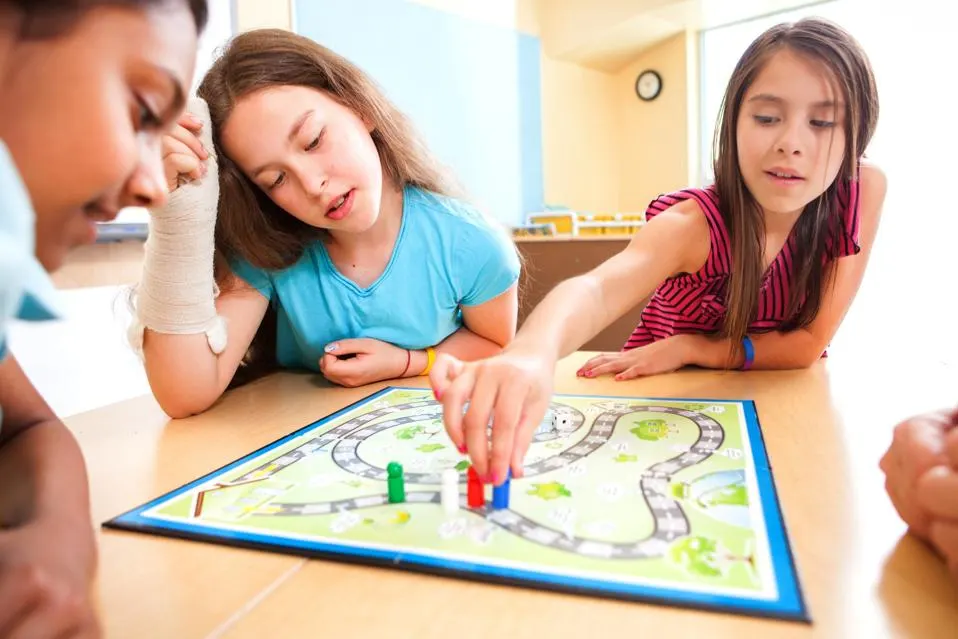We’ve intuitively known that most board games have a positive effect on us. Be it mental well-being, some form of learning, or even strategizing, board games contribute immensely. Given that they also help us stay away from our devices during the duration when we are playing the game, they are bound to become more popular in the future.
A new study has now validated part of what we’ve known intuitively, stating that board games based on numbers enhance mathematical ability among children. Their results, which is based on a comprehensive review of research published on this topic over the last 23 years, are published in the peer-reviewed journal Early Years in July.
19 studies from 2000
In order to investigate the effects of physical board games in promoting leaning, the researchers reviewed 19 studies published from 2000 onwards. These studies involved children under the age of 10 and all except one focused on the relationship between the board games and the mathematical skills of the players.
Children participating in these studies received special board game sessions led by teachers, therapists, or parents. While some of these board games were numbers-based like Snakes and Ladders and Monopoly, others did not focus on numeracy skills. These sessions were on average held twice a week for 20 minutes over two-and-a-half months.
Based on assessments on their mathematics performance before and after the intervention sessions, the studies came to their conclusions. Right from basic numeric competency like naming numbers and understanding their relationship with each other, to more complex tasks including addition and subtraction, mathematical ability received a boost in more than half the cases.
Beneficial for all learners?
While the review established the positive effect of numbers-based board games for children, especially those young, it would be interesting to find out if such an approach would also be beneficial for all learners, including first-generation learners. By improving their fundamental understanding of numbers. children stand to gain as it helps ward off their fear of mathematics and numbers.
The study, meanwhile, also highlighted the lack of scientific evaluation to determine the impact of board games on the language and literacy areas of children. This research group plans to investigate this in their next project.
There is a need to design board games for educational purposes, both in terms of quantity and quality. The researchers believe that this is an interesting space that would open up in the coming years.
Picture Credit : Google





